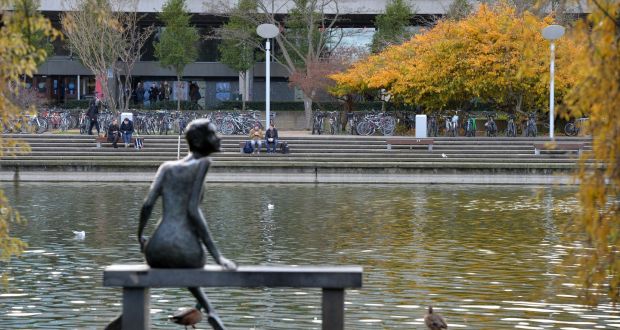
[dropcap]In[/dropcap] a bid to attract world-leading scientists and engineers, new Government measures will allow universities to hire staff on salaries up to €250,000.
The Department of Education has said such top academic appointments will be limited to research projects funded by Science Foundation Ireland – a State body – where salaries will be paid for by the third-level colleges themselves.
It is understood pay will be capped at €250,000 – which is €60,000 more than what the Taoiseach earns annually.
DCUSU President Niall Behan points to the potential of a post-Brexit exodus of top academics in the UK as being the primary motive behind the decision.
“It’s in direct response to some universities feeling that due to Brexit, they would miss out if they couldn’t offer the top level academics from the UK the most attractive salaries,” he said.
Increasing dependence on private sources of funding has led to increased calls from universities for leeway on academic appointments and pay-levels. Salaries are not capped in countries with the best performing third-level institutions, such as the UK and US.
However, there currently exists a mechanism which allows for the appointment of staff at salaries that depart from implemented payscales, known as the ‘Departures Framework’.
Under the framework, prior approval is only required from Higher Education Authority or Department of Education if a university wishes to appoint an existing member of staff or to offer a permanent contract.
The HEA told the College View that DCU did have one such appointment, a fixed-term contract between 2015 and 2017 following an international search. This individual’s annual salary remained below €140,000, however.
Whether or not DCU presently has exceptions to these payscales, is currently unknown. Professors in the university can expect to earn between €110,060 and €139,501, depending on their point on the scale.
On average, a professor in DCU will receive a salary of €124,377.
“Proposed salaries for a few trophy staff is no response to a full decade of policies that have forced huge numbers of highly qualified researchers in our universities to emigrate or seek alternative employment,” said Joan Donegan, General Secretary of Irish Federation of University Teachers.
Colin Gannon



